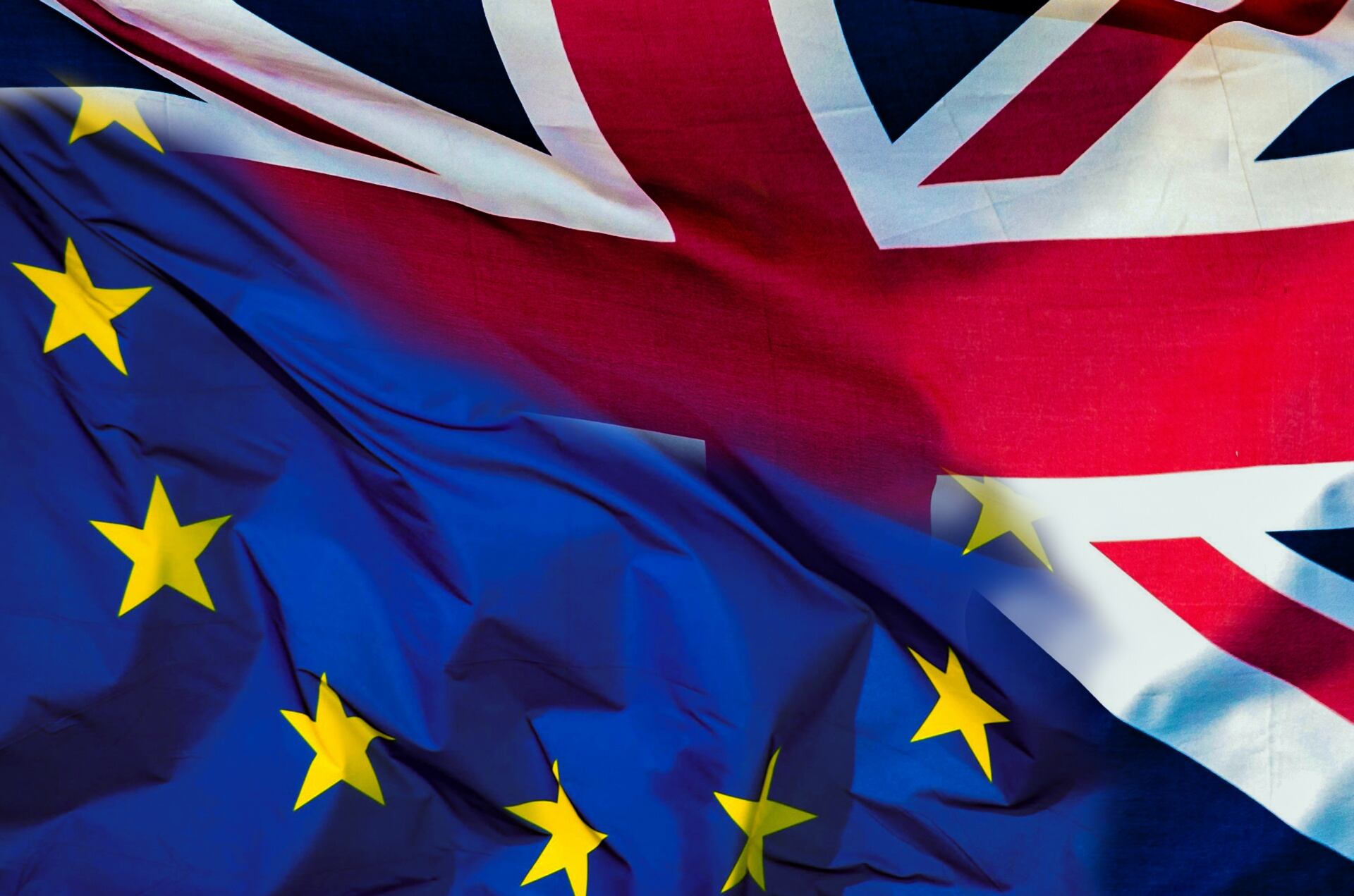Developed by the cross-sectoral Food and Drink Industry Brexit Roundtable – formed of the Food and Drink Roundtable and the Brexit Arable and Livestock groups – the paper focuses on how the food industry can take advantage of the opportunities created by the UK leaving the EU.
Key recommendations included giving businesses time to adapt to changes in the competitive positioning that could arise from the creation of new trade agreements, encouraging sustainable food production and retaining high standards at competitive consumer prices.
Practical solutions for the industry
Food and Drink Federation (FDF) chief executive and chair of the Food and Drink Roundtable Ian Wright said: “The food and drink industry is absolutely committed to working with Government and the devolved administrations on the development of more detailed plans and practical solutions for our vital industry as we leave the EU.
“No industry is more uniquely placed to deliver the benefits of trade to every UK community. Together, our supply chain produces, packages, distributes and sells a wide range of food and drink at every price point, more than ever before, in every corner of the UK.”
Ripple affect
Chair of the Brexit Arable Group and director general at the National Association of British and Irish Flour Millers Alex Waugh said that implementing the right food policies in post-Brexit Britain would create a positive ripple effect for the whole country.
“We want to work with Government to ensure that we have the right policies to make a success of the UK's independent status, maintain our high food standards, improve our ability to deliver sustainably produced food at competitive prices and ensure these benefits are felt throughout the country,” said Waugh.
Meanwhile, the Food Standards Agency has reiterated its commitment to putting consumer interests at the forefront of any future discussions on trade, as well as focusing on the National Food Strategy and work on allergies and intolerances.





